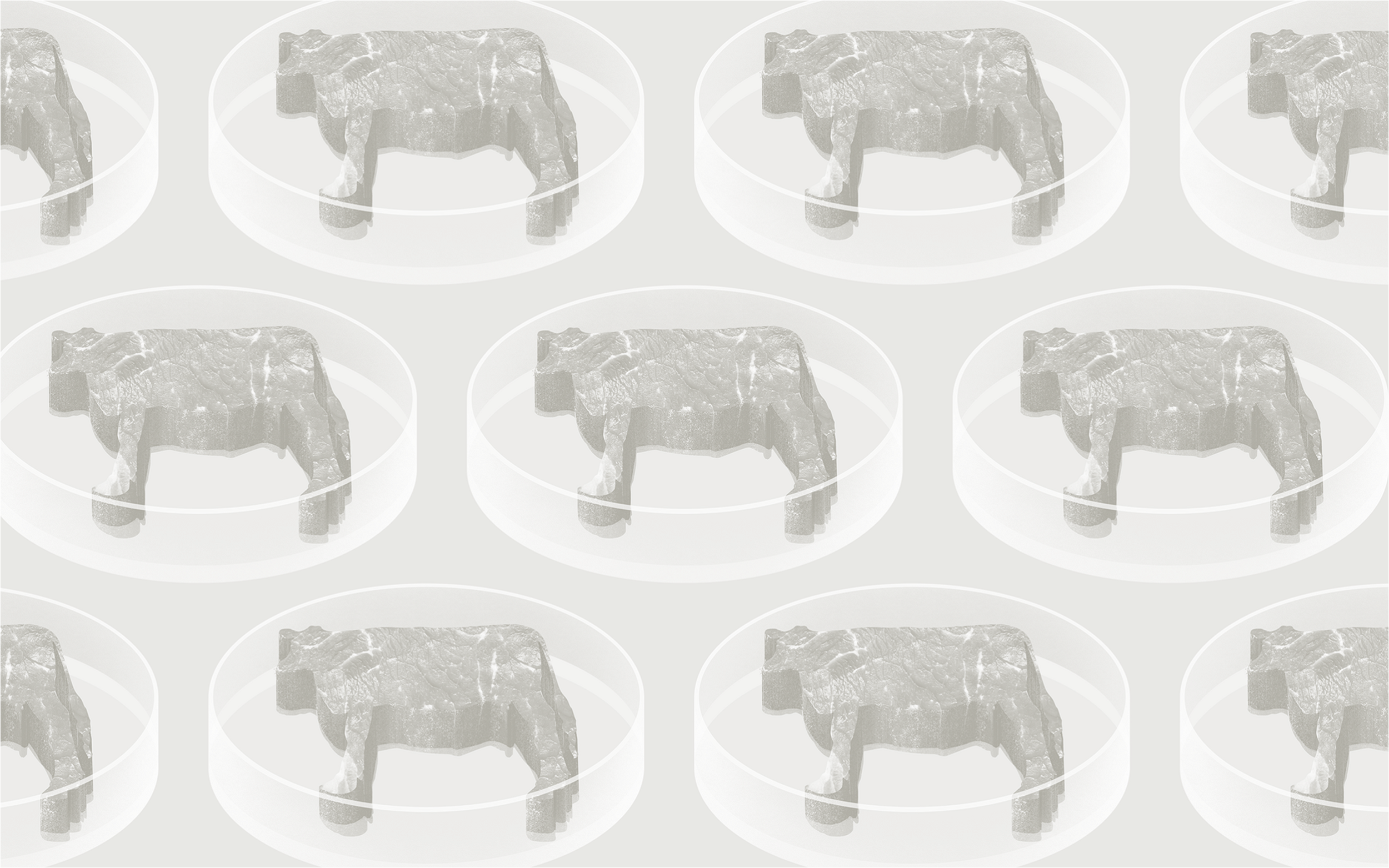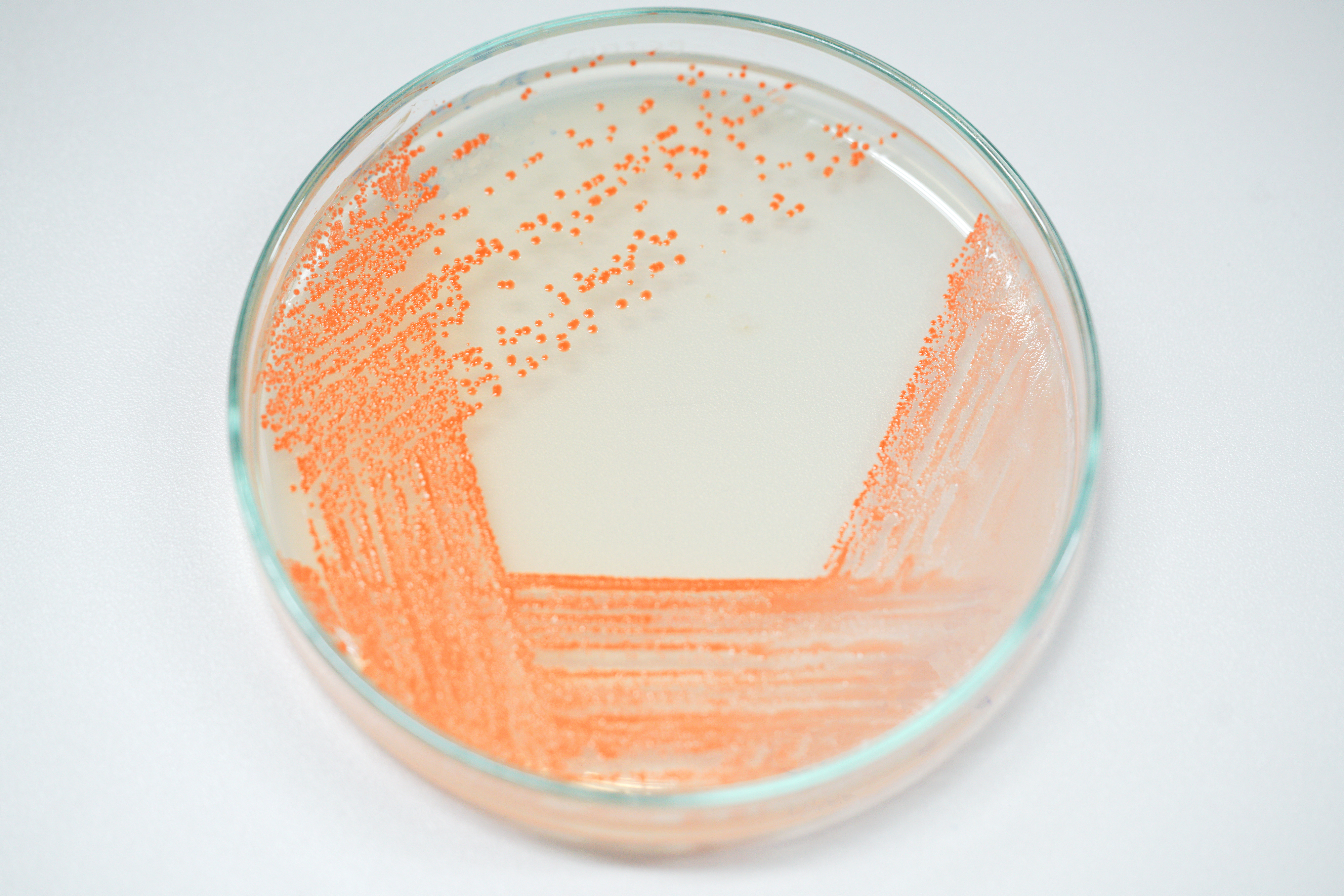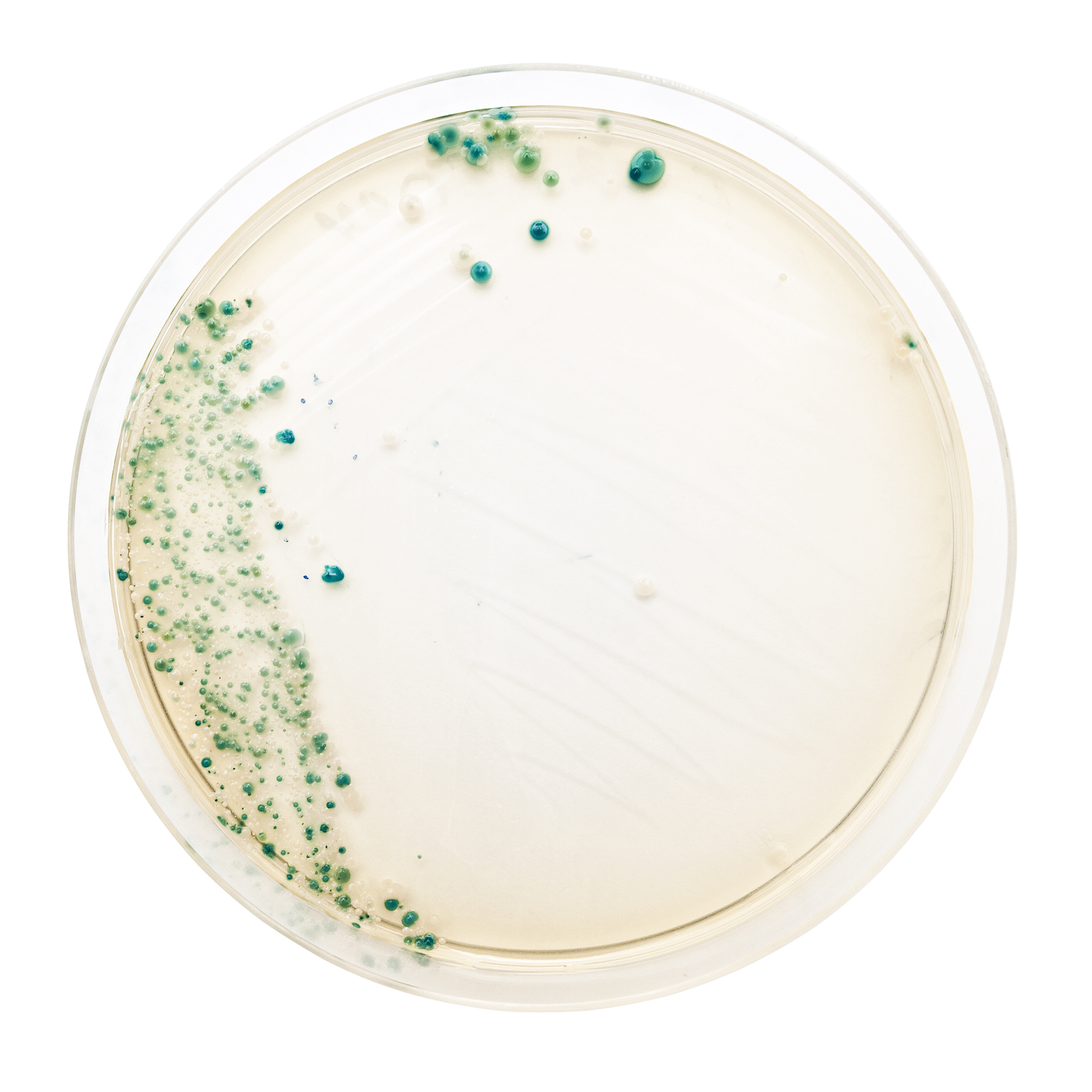digest | Future Food: growing meat in the lab
January 1, 2019

— in this post —
~ story
~ featurettes
~ pages
~ reading
— story —
Meat so tasty and authentic — you can’t tell it was lab-grown.
Memphis Meats and Mosa Meat are two food technology research + development companies — leading the growth of mainstream lab-grown meat products.
Their teams grow sustainable animal meat in labs — that tastes as good as farmed meats from livestock. Their meatball and poultry dishes have gotten the attention of major press and investors looking toward the future of food.
Their lab-crafted meat is nutritious, hygienic, plus cruelty-free. Memphis Meats made headlines with its historic taste-test videos of the world’s first lab-grown + chef-prepared: fried chicken meat, seared duck meat, and beef meatballs. The lab-grown meat is exactly the same — biologically — as the meat that comes from a farm animal.
videos | Memphis Meats
Making lab grown, clean meat from chicken, duck, beef.
The story behind our history-making clean poultry and beef tasting. Featuring the world’s first, chef prepared clean beef meatball dish. Next, a clean chicken — presented as a battered, lightly fried dish. And a quick peek at the first clean beef fajita steak. All the meats produced while preserving the lives of the tissue donor animals.
— video no. 1 —
— video no. 2 —
on the web | pages
Memphis Meats | home
Memphis Meats | YouTube channel

The founding of Memphis Meats.
The company was founded by 3 research scientists: Uma Valeti MD, Will Clem PhD, and Nicholas Genovese MD.
Valeti is a cardiologist and medical professor. Clem is a specialist in bio-medical engineering with a background in food manufacturing, and tissue engineering. Genovese is a stem cell biologist, who believes the best way to improve our international food system is:
- innovate clean meat technologies
- use lab techniques to make the same animal meat we enjoy today
- but without negative impact on our planet + civilization
Before he co-founded Memphis Meats: Genovese raised poultry on his family’s farm, and says he has a special affection for chickens. He completed his university graduate research in biology — and pioneered a new approach for livestock stem cell cultivation. He championed cultured meat in publications, scientific conferences, and press interviews. For Genovese, the goal is to engineer new, better ways to produce foods — that sustain the health and happiness of humans + animals.
on the web | learning
Wikipedia | biology
Wikipedia | bio-medical engineering
Wikipedia | stem cell
image | below
lab-grown meat: fried chicken by Memphis Meats

image | below
lab-grown meat: beef meatball by Memphis Meats

Cultured meats from livestock.
Livestock are domestic animals raised on farms to become food: like chickens, sheep, lamb, duck, goats, rabbits, pigs and cattle. Farmed meat is a large and important part of the world economy, and an essential plate in most healthy diets. The modern idea is to craft meat that can pass for the naturally grown meat of animals from farms.
It’s also called clean meat, because it’s safe for people and animals — it doesn’t slaughter the livestock. Lab grown meat could become an abundant opportunity to cure world hunger. Important philanthropists are looking at companies like Memphis Meats, thinking about strategies to bring basic health to developing countries where access to good food is limited.
on the web | learning
Wikipedia | cultured meat
Wikipedia | cellular agriculture
Wikipedia | livestock
Wikipedia | micro-biology culture
Wikipedia | bio-reactor

videos | foods by Memphis Meats
Memphis Meats plans to produce various meat products — using lab techniques to make livestock stem cells turn into muscle tissue, and to manufacture the meat products in bio-reactors.
- watch | Memphis Meats lab-crafted meatball, grown from cultured animal cells.
- watch | Memphis Meats cultured chicken meat + duck meat dishes.
— featurettes —
All about lab grown meat.
- watch | New Harvest — cultured meat: harmless, helpful, bountiful
- watch | Memphis Meats — quick peek at a clean beef fajita
- watch | Memphis Meats — how to make clean meat
- watch | Mosa Meat — how is cultured beef made exactly
- watch | Mosa Meat — why we need to change how we make meat
— steps in the lab grown meat process —
example: hamburger
- start — tissue is taken from the muscle of a living cow
- note — the procedure doesn’t hurt or harm the animal
- next — starter cells are extracted from the tissue *
- next — the starter cells, such as stem cells, are grown into muscle fibers in the lab
- note — the muscle fibers are grown for 6 weeks under tension, to bulk them up
- note — to grow 3D volumes of meat, the cells are grown on a scaffold
- next — 20,000 muscle fibers are colored, minced, mixed w. fats
- note — it takes about 20,000 small strands of cultured beef: to make 1 hamburger
- next — the meat is shaped into burgers
- end — the burger patty is ready to be cooked
* science of this technique: to learn more about starter cells, what they are and how they function — and how they’re used to seed the growth of meat tissue fibers — take a look at the Wikipedia primer articles.
The word “culture” is a laboratory term: it means to take a small cell cluster or life-form that can reproduce itself, nurture it in a small glass container with a good growing environment + nutrients, so that it can multiply in the dish — then it can be examined, experimented with, or used.

Entrepreneurs and food industry giants see the future.
Who’s supporting the world future of technologically created meats? Some of the greatest and most well known tech entrepreneurs of this century are making an effort to bring cruelty free, nutritious, lab grown meats to everyday life. In 2017 Memphis Meats raised $17 million, with investments from major food companies + multi-millionaire business celebrities:
investors: business people
- Bill Gates — Microsoft co. founder
- Richard Branson — Virgin co. founder
- Jack Welch — General Electric co. former chairman
- Kimbal Musk — farm-to-table restaurateur
investors: corporations
- Cargill co.— global titan of farming, meat + staple foods
- Tyson Foods co. — world’s 2nd largest processor + marketer of chicken, beef, pork
investors: firms
- Draper, Fisher, Jurvetson — famous venture capital firm, for new ideas in tech
- Atomico — prominent, international investment firm

Atomico and Draper, Fisher, Jurvertson — both wealthy investment firms that developed many well known start-ups — also believe in Memphis Meats. This level of top support from industry insiders predicts that cultured meats will have a place at our kitchen table soon.
For example, Atomico is distinguished for its team members’ pedigree as successful entrepreneurs. The company focuses on new consumer + enterprise digital technology — with potential to transform markets, and with strong management.
Production cost of the cultured beef was $18,000 per pound. Production cost of the cultured poultry was $9,000 per pound. But Memphis Meats engineered a way to make it cheaper: the company reduced production cost to below $2,400 per pound. They’re planning on deeper cost reductions and making the product available to the public and food industry — by year 2021.
This significant movement toward lab crafted meat could be our first look at daily life in the 2020s. With this science fiction style food just around the corner, mainstream writers and scientists are saying we’re finally on the cusp of understanding mysterious biological abilities: like tissue regeneration, healing, anti-aging, and the development of embryos. Eating synthetically crafted meat is also a step toward better animal welfare around the world, and activists believe that civilization is maturing to take on a more custodial role with our planet and its life.
Atomico | our investment in Memphis Meats
deck: Using technology to solve one of the world’s greatest problems.
w. descriptions from: Inhabitat

about | Memphis Meats
our mission:
Better Meats, Better World. At Memphis Meats, our mission is to bring delicious and healthy meat to your table by harvesting it from cells instead of animals. You can enjoy the meat you love today and feel good about how it’s made because we strive to make it better for you — and for the world.
no. 1 | food from the ground-up
Biological cells are building blocks of all food we consume and at Memphis Meats they are the foundation of our approach to creating lab grown animal meats. We make food by sourcing high quality cells from animals and cultivating them into meat: think of a farm at a tiny scale. We cut some steps from the current process (like raising and processing animals) and bring nutritious, tasty meat to your table.
no. 2 | better for you
By producing meat from the cell level up, we can ensure the highest level of quality at every stage. We aim to keep the benefits of conventional meat while making our products healthier, more nutritious and safer. We want you to enjoy the best of both worlds. It is like having your steak and eating it, too.
no. 3 | better for the world
We’re making meat that is better for animals and that at scale uses significantly less land, water, energy and food inputs. Our process will produce less waste and dramatically fewer greenhouse gas emissions. We believe that the planet will be the ultimate beneficiary of our product..
no. 4 | recipes perfected by award winning chefs
Memphis Meats is creating a new kind of farming to transform the way meat is made. We love meat, but we also recognize significant problems with modern animal agriculture:
- the use of strong chemicals
- health issues
- environmental destruction
Our solution is to develop advanced tech to produce real meat without the animals — by farming animal cells instead of animals. Finally, we prepare our cultured meat with recipes perfected over 50 years by award winning chefs. The result is real meat that is better for the body and the planet.
on the web | pages
the Good Food Institute | home
Mosa Meat | home
Mosa Meat | YouTube channel
Just | home
Just | YouTube channel


on the web | reading
Maastricht Univ. | cultured meat
Maastricht Univ. | YouTube channel: cultured beef
Maastricht Univ. | featurette: tour of Mosa Meat
on the web | featurettes
watch | Wired — inside the quest: to make lab grown meat
watch | the Economist — meat makers: the artificial beef revolution
watch | the Wall Street Journal — clean chicken: never born or slaughtered
watch | Reason — lab grown meat is coming to your super-market: ranchers are fighting back
watch | ABC — fake meat: the growth in popularity of artificial meat
watch | BBC — would you eat lab grown meat
on the web | reading
BrightLands | Cultured beef burger to appear on menus soon
deck: We’re growing meat fibers in the lab that meet strict safety laws
the Spoon | Food Tech Innovators
deck: Search for meat alternatives to save people and the planet
Forbes | Tyson invests in lab grown protein start-up Memphis Meats
deck: Joining Bill Gates + Richard Branson
Futurism | Lab Grown Meat: it’s healthier, it’s cheaper, it’s the future
deck: We’re 5 years away from lab-grown meat hitting the shelves
Society for Science + the Public | Designing tomorrow’s burger
deck: Can science make meat without the moo?
Diamandis | tech blog: the Tech Future of Food
— notes —
ABC = Australian Broadcasting Corp.
BBC = British Broadcasting Corp.